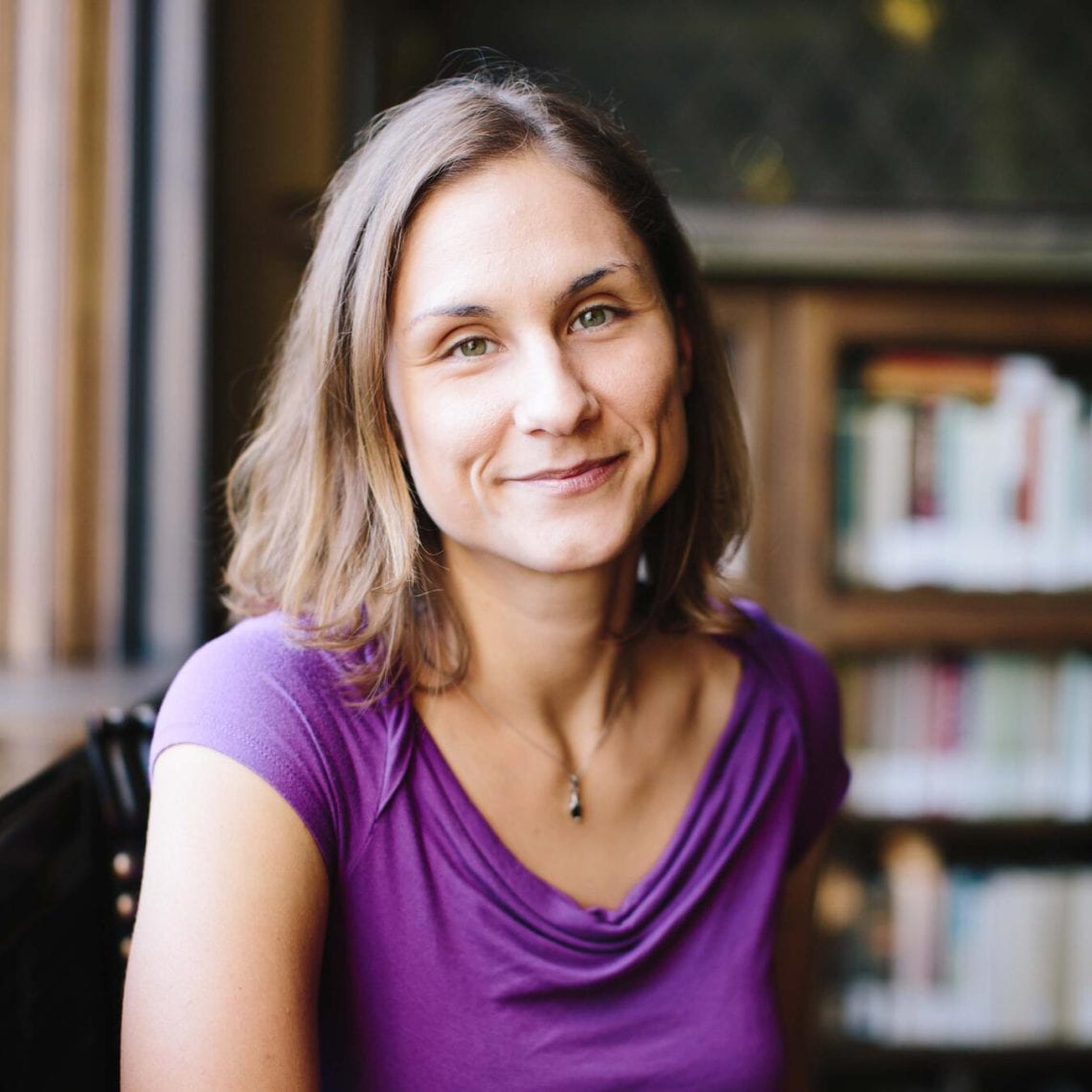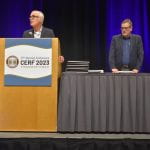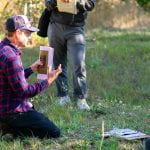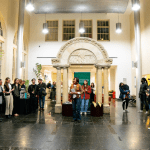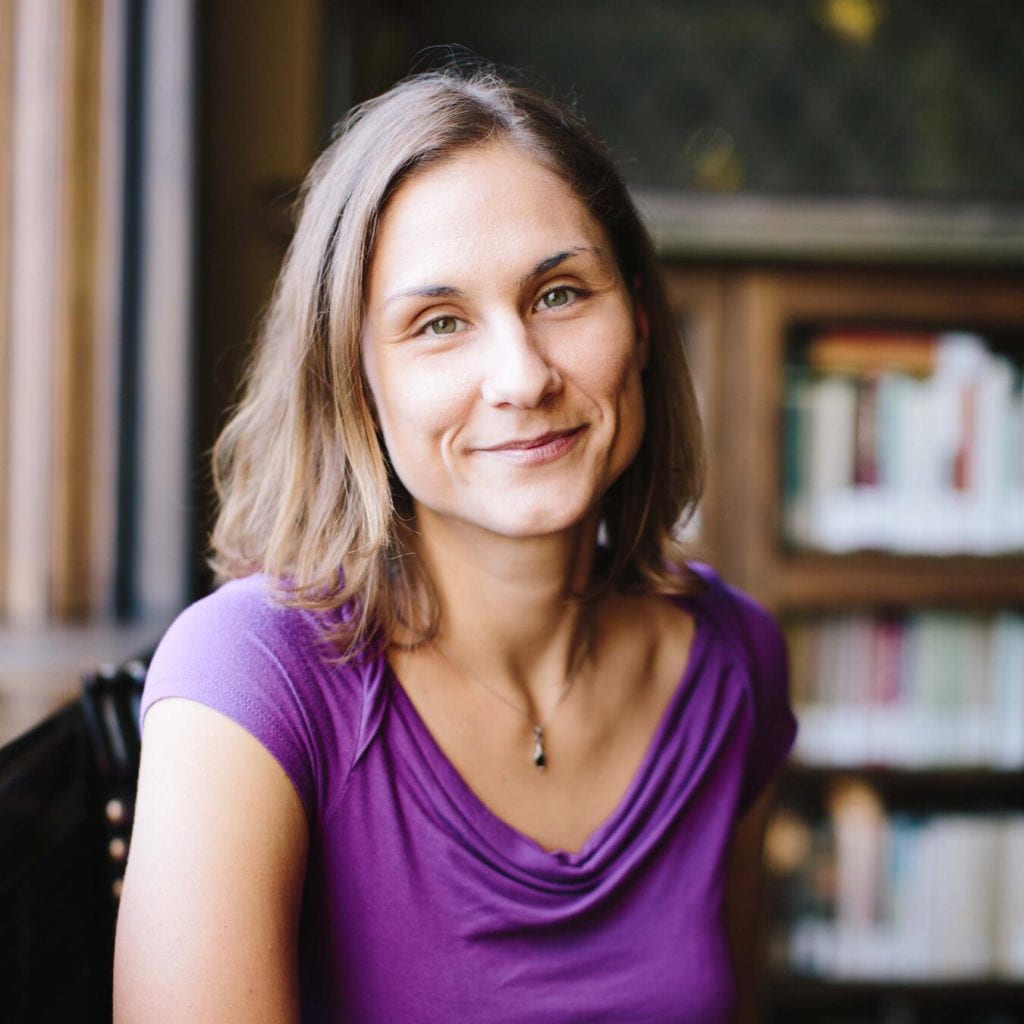
In the rest of our conversation with Prof. Amalia Kokkinaki in October (if you missed it, check out our last blog about her recent research grant) we got to learn more about her work at USF, what inspires her in the MSEM program, and advice she has for students preparing for their Master’s Projects. Prof. Kokkinaki is currently on sabbatical, but has been faculty at USF since 2016, teaching courses to both undergrad and graduate students. With a background in environmental engineering and a passion for both math and chemistry, she has taught a variety of classes in MSEM including Advanced Data Analysis, Risk Assessment, Environmental Chemistry, Water Treatment, and one of her favorites, Master’s Project. She draws from her research experience to bring tangible examples to students in the classes that she teaches. Some of her other recent research looks at how PFAS move through the environment and how it adsorbs to different materials to determine the best ways to remove these heavily toxic chemicals from water.
In discussing what inspires her in the program, we really appreciated her acknowledgement of the importance of the work the students carry out.
“MSEM is very management focused, which is inspiring because environmental management is where the interdisciplinarity of environmental science is at its max and where research is actually put into use.” – Prof. Kokkinaki
She highlights how the science and learnings from each class apply to real management work, which can be especially seen in the Master’s Projects. Having taught the course, she gave her advice for students preparing to write their papers.
- Don’t underestimate the time it will take: start early and be consistent with the time you spend both reading and writing.
- Technical writing can be difficult so take advice from your MP advisor to produce high quality work.
- It’s great when students are able to connect the work they do at their job with their research, so be sure to ask your job about possible research or data analysis you could do.
- Even though the Master’s Project doesn’t require raw data gathering as in a thesis, the literature review is an important contribution to the field of environmental management and is what makes the MSEM program unique, so you want to give it your best effort.
- This is the point when all the classes you’ve taken come together and inform your research, so draw from the classes you have taken and reach out to your professors if you have questions not covered in class material..
Prof. Kokkinaki enjoys sharing her interests and encourages current MSEM students to reach out about upcoming opportunities with her!

